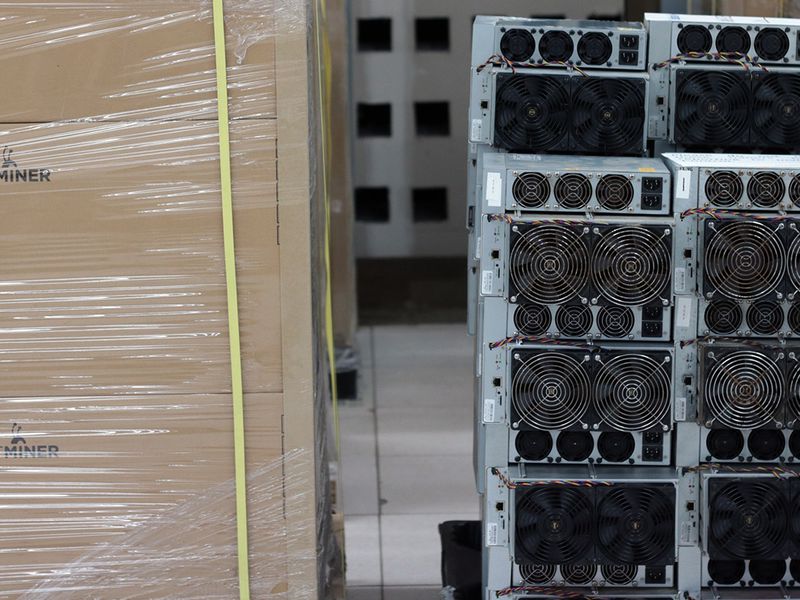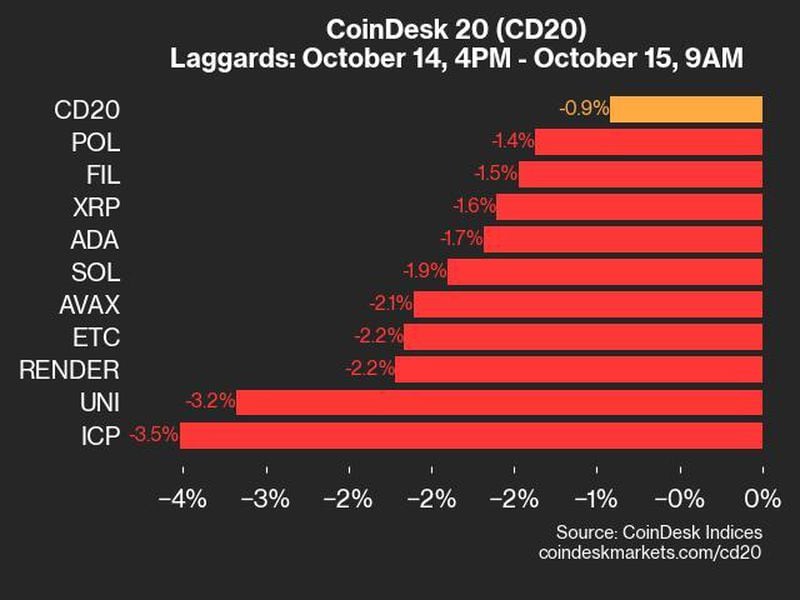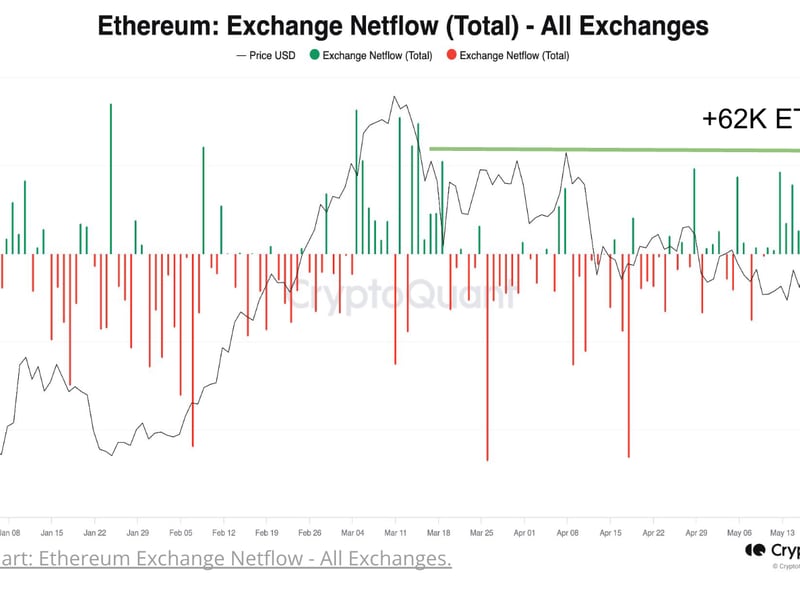Online Black Markets’ Bitcoin Revenues Take a Hit Amid Pandemic
Credit: FBI/Wikimedia Commons
Online Black Markets’ Bitcoin Revenues Take a Hit Amid Pandemic
The coronavirus pandemic has touched every corner of the world economy – even the seedy underbelly of internet commerce.
Customers spent fewer bitcoins at darknet markets over the last two months despite the slide in the cryptocurrency’s price, according to data from blockchain surveillance firm Chainalysis.
Darknet markets are websites that facilitate the sale of illegal goods, usually drugs, counterfeit currencies and weapons.
“Historically, darknet markets’ revenue (value of bitcoins sent to dark markets) has had a weak inverse correlation with bitcoin’s price,” according to Chainalysis. That relationship, however, has reversed over the last two months, as seen in the chart below.

Bitcoin topped out at $10,500 in mid-February and fell as low as $3,867 on March 13. As prices fell, so did the value of bitcoins sent to darknet markets from $4.1 million to $3.2 million.
However, the value of bitcoins sent to dark markets had risen from $3.9 million to just over $5 million during the final quarter of 2019. In that same period, the cryptocurrency had declined by nearly 13 percent and hit a low of $6,400 in mid-December.
The latest change in correlation has come amid a health crisis triggered by the coronavirus pandemic. The virus, which originated in Wuhan, China, began spreading at a faster rate in Asian countries in February and hit the European and American shores in March.
As a result, traditional markets tanked, triggering a liquidity crisis, which saw investors sell classic haven assets like gold for cash, mainly the U.S. dollar. Bitcoin, too, was treated as a source of liquidity.
Darknet vendors may have panicked due to sudden drop in prices and slowed down sales out of fear that the cryptocurrency could become worthless in a cataclysmic event. Also, darknet customers may have scaled back purchases as, during times of panic, investors tend to hold onto cash.
While the exact reason for the drop in darknet markets’ revenue is not clear, the report by Chainalysis suggests COVID-19 made it harder to sell drugs.
“Recent reports point out that Mexican drug cartels are having a harder time sourcing fentanyl, as China’s Hubei province — a hub of the global fentanyl trade — has been hit hard as the epicenter of the outbreak. Such disruptions to global supply chains could be hampering darknet market vendors’ ability to do business,” the firm said.
Merchant services and gambling providers have also seen drops in revenue over the past few weeks.
The seven-day average of the value of bitcoins sent to merchant services fell from $7 million to $4.5 million in the five weeks to the end of March. Meanwhile, the value of bitcoins sent to gambling services declined from $5 million to $3 million.
Again, the decline seen in these sectors is not surprising, as people tend to save more during recessions.
That said, historically, gambling services’ revenue has always had an extremely weak correlation with bitcoin’s price, as individuals seldom approach gambling rationally and tend to look at it as a fun activity.
Disclosure Read More
The leader in blockchain news, CoinDesk is a media outlet that strives for the highest journalistic standards and abides by a strict set of editorial policies. CoinDesk is an independent operating subsidiary of Digital Currency Group, which invests in cryptocurrencies and blockchain startups.









